
Honolulu County’s eviction mediation program was a resounding success
Act 57’s pre-litigation eviction mediation program shows a promising pathway forward to greater housing security by preventing evictions and keeping families housed.

How Hawaiʻi is funding its $24 billion FY23 budget
The legislature not only decides where money is spent, but also makes many of the decisions about who pays how much to support the budget.

Lawmakers must do more to invest in Hawaiʻi regenerative agriculture
The success of sustainable agriculture in Hawaiʻi will be contingent on sizable government investments in both small-scale farmers and the agencies that serve them.
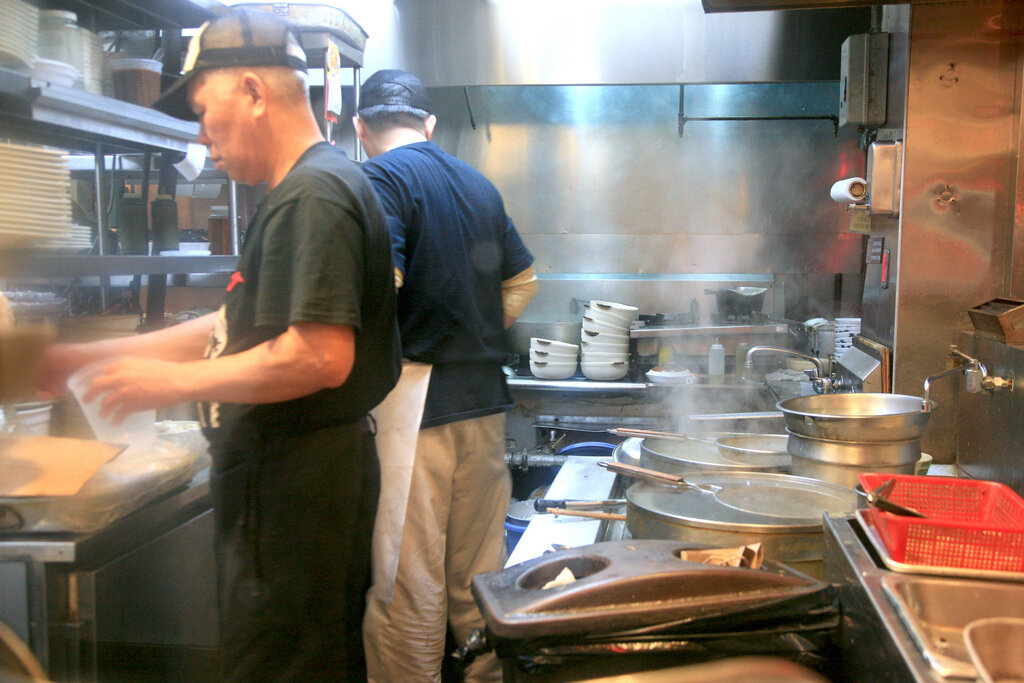
Honolulu minimum wage is lowest among 15 most expensive U.S. cities
While residents of metropolitan areas with high prices also tend to have higher incomes, that’s not the case in Honolulu—and especially not true for minimum wage workers.

P-EBT: Pandemic benefits for Hawaiʻi families to buy food
There’s a valuable new benefit available for Hawaiʻi families with children who are struggling to buy food. It’s called Pandemic-EBT, or P-EBT.

Trump’s Public Charge rule could cost Hawaiʻi tens of millions in revenue
The financial cost of the rule change is in addition to the harm done to the health and resilience of immigrant families through the “chilling” effect on benefits-use that has already been documented in Hawaiʻi.

No cause for panic: Hawaiʻi’s economy is OK
A quarter of slow growth is no reason for lawmakers to forgo important economic justice measures like raising the minimum wage.

Protecting SNAP benefits for Hawaiʻi’s working families and seniors
The Trump Administration is floating a proposed rule change that would take away food assistance benefits from struggling families.
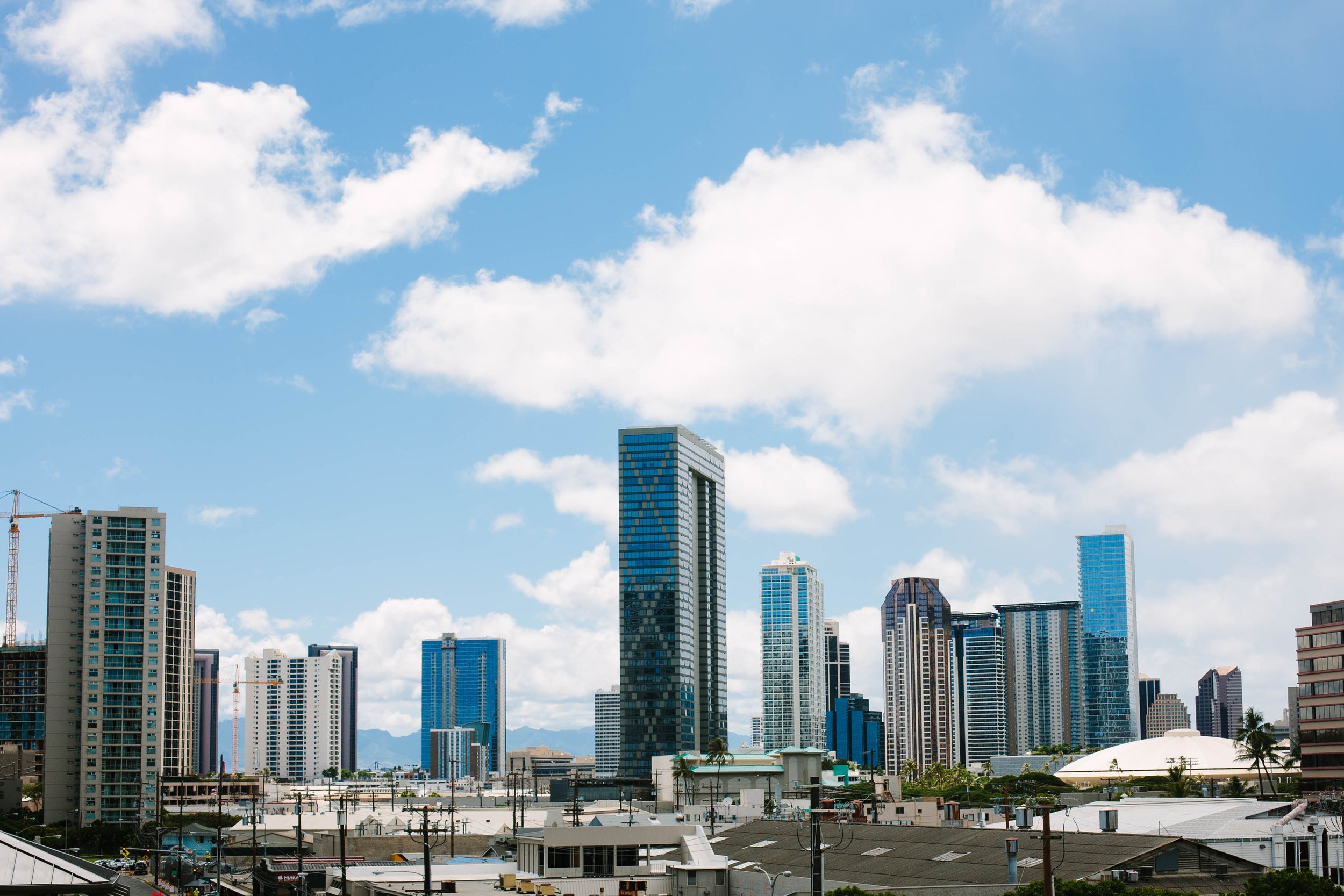
A tax on vacant units could provide housing crisis relief, if done right
Besides funding sources, taxes can be an excellent way of shifting behaviors; but getting rates and exemptions right is key to success.
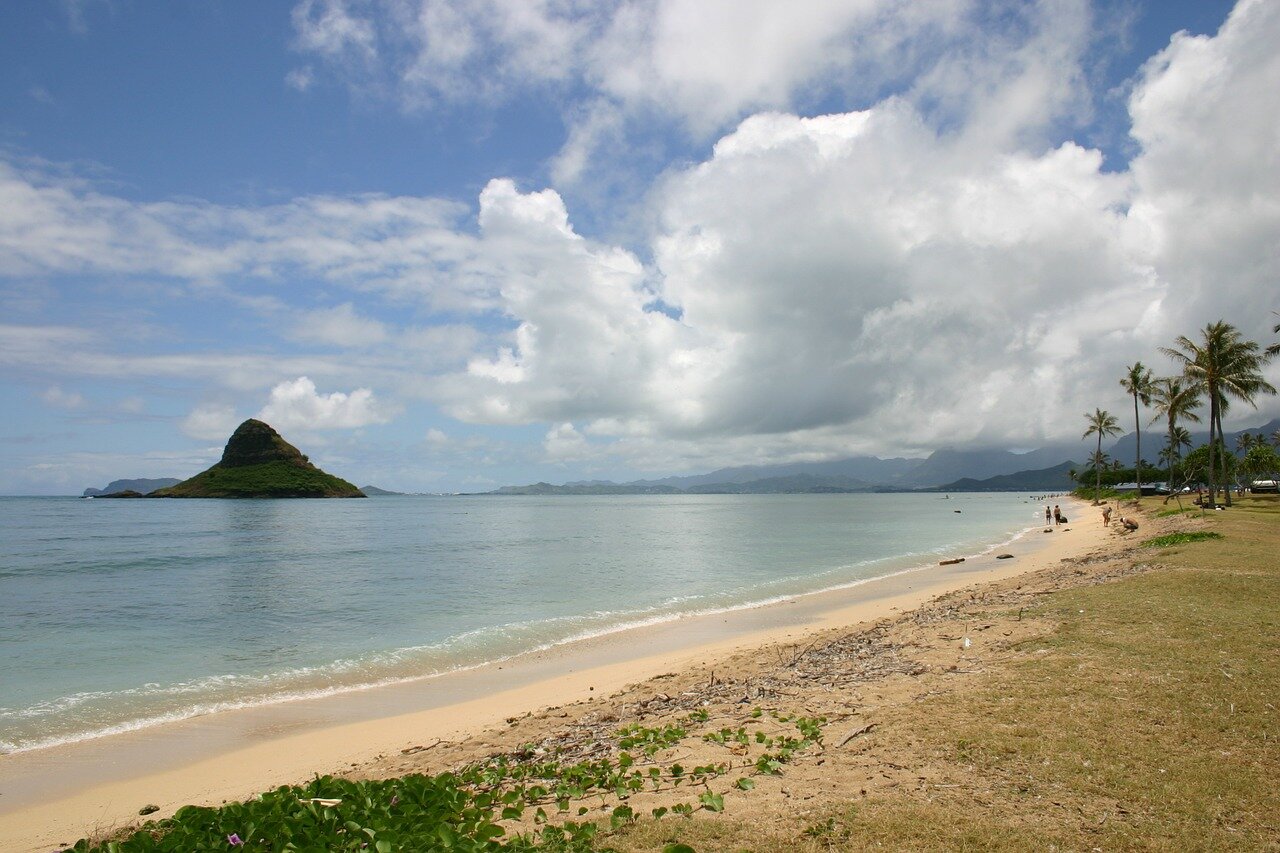
Honolulu just moved to the forefront of vacation rental regulation
After 30 years, the county finally has the tools it needs to stop the proliferation of illegal short-term rentals.

Enforcement of vacation rental regulations would restore balance
More than one out of every 20 housing units statewide is now offered as a vacation rental; in some communities, as many as four out of every 10 housing units have been converted into STRs.
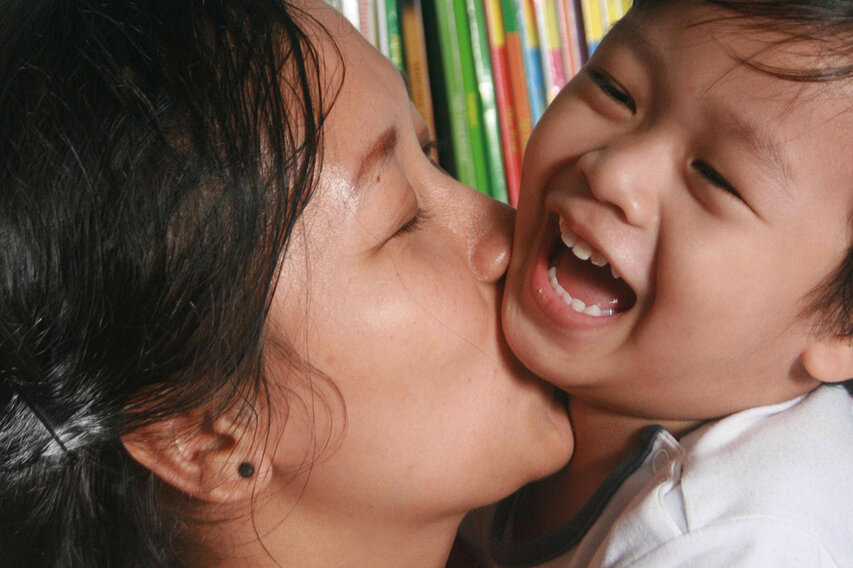
How high is too high? We actually know a lot about minimum wage increases
Raising the minimum wage would boost not just the pay of many struggling Hawaiʻi workers and their families; it would also boost the local economy.
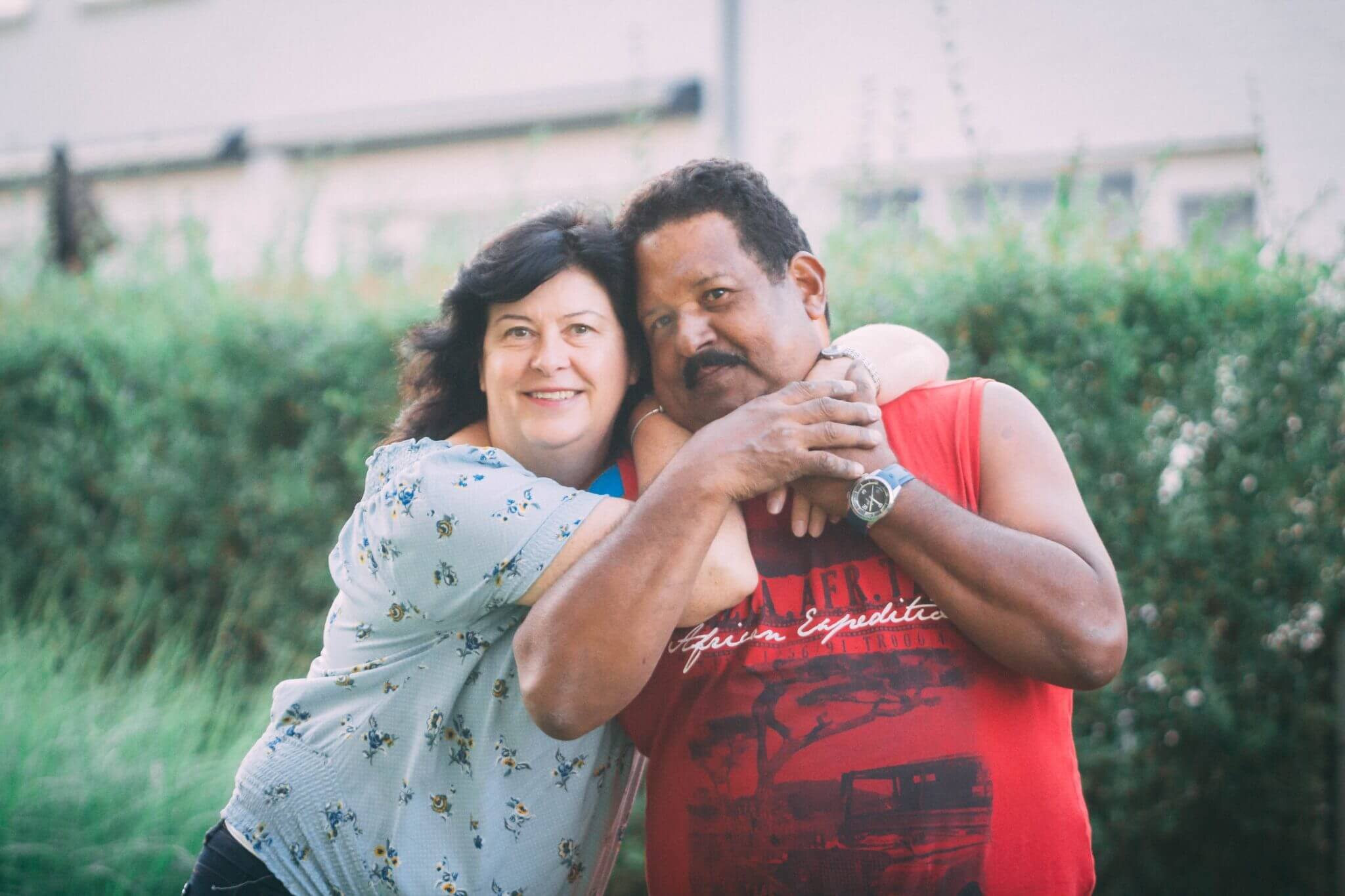
Appleseed announces 2019 policy agenda
After months of research spent examining these critical issues, this agenda prioritizes efforts for maximum benefit to the community at-large.

Public charge rule change would hurt Hawaiʻi’s economy
Not only would the proposed rule change adversely impact the standard of living of Hawaiʻi’s immigrant families, it would also harm Hawaiʻi’s overall economy.
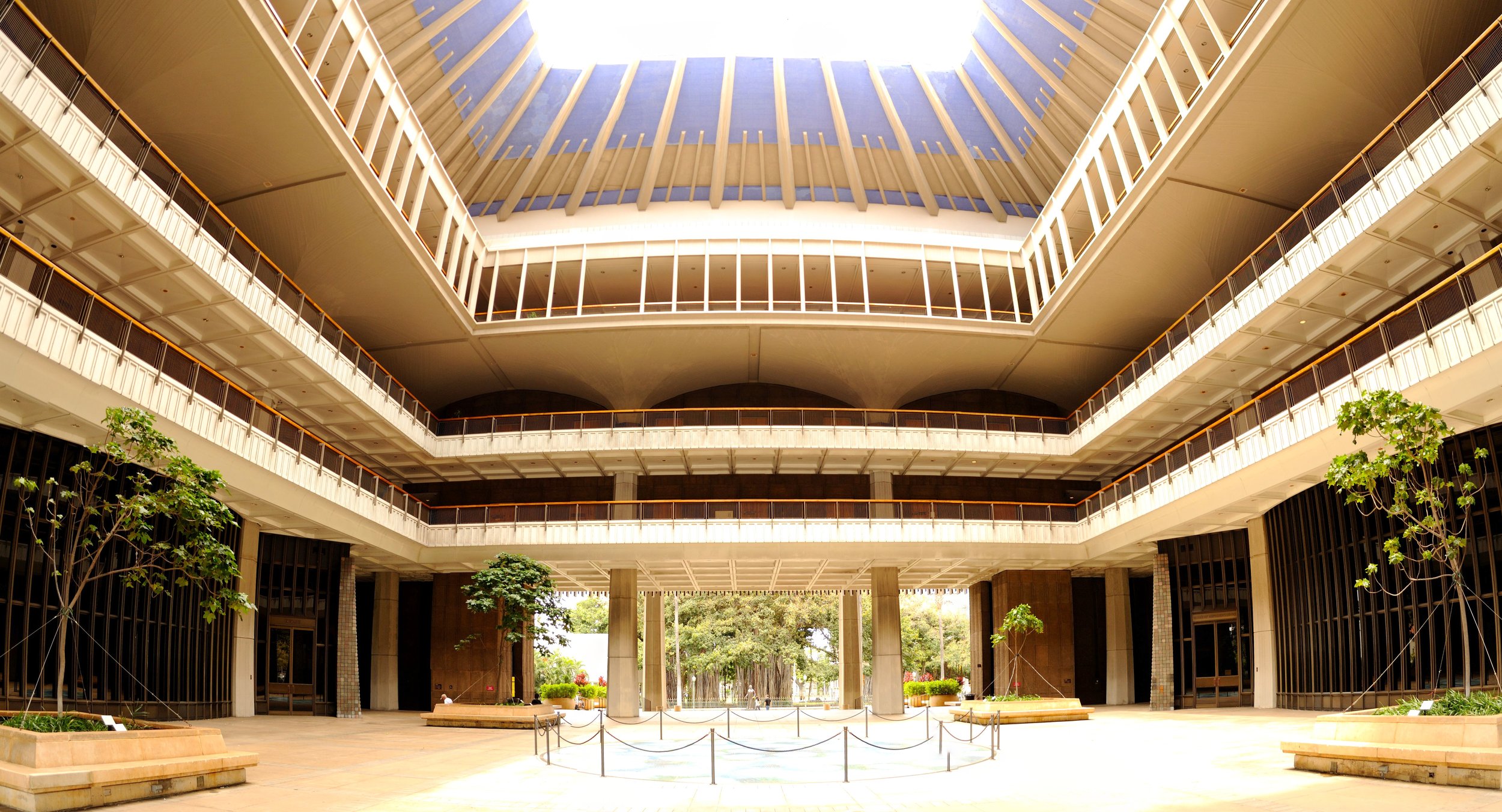
Coming soon: The Hawaiʻi Budget and Policy Center
Hawaiʻi Appleseed is creating a new think tank focused on research and analysis of state budget and tax policy—the Hawaiʻi Budget & Policy Center (HBPC).
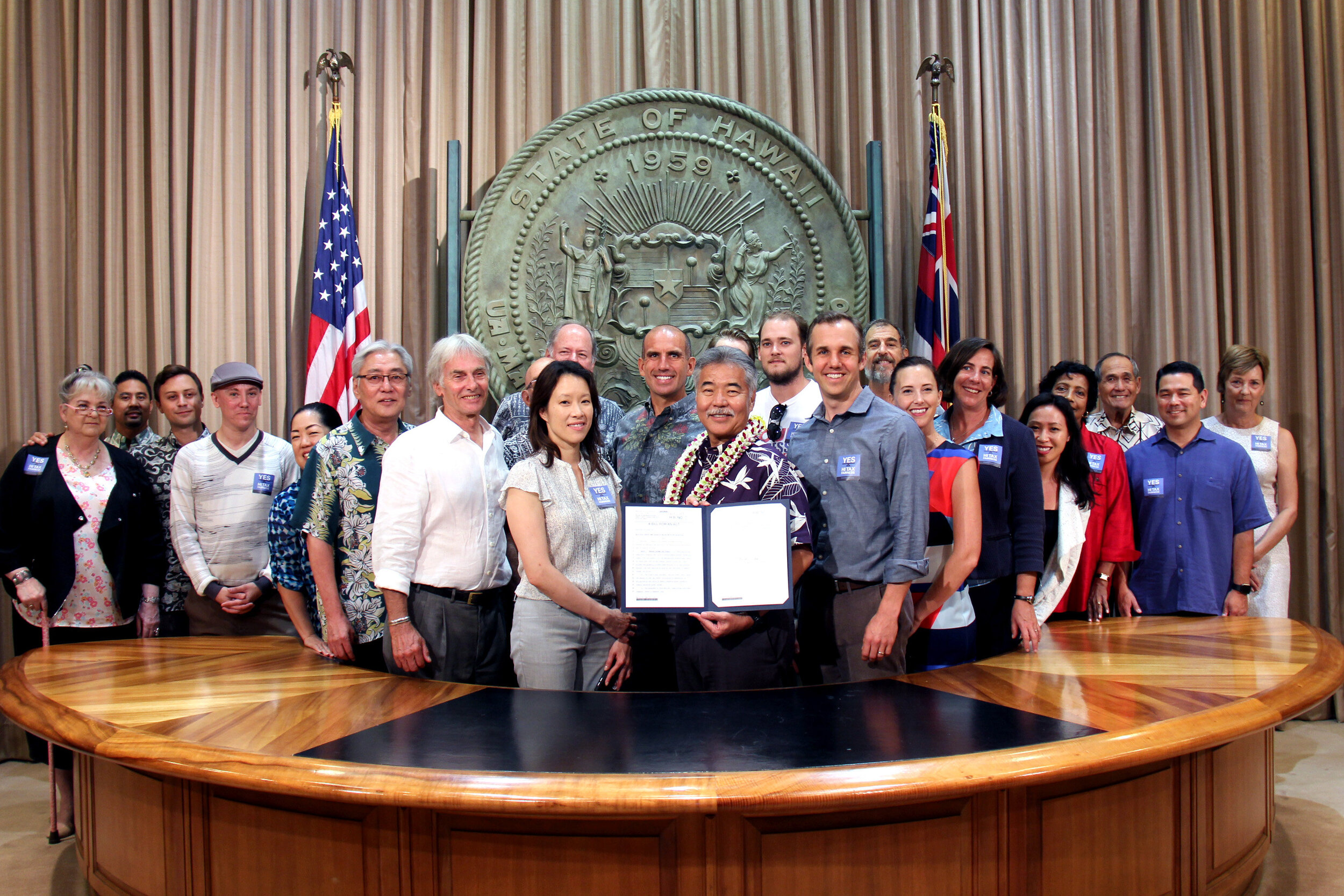
Governor Ige signs HB209, a win for working families and children
With this new law, Hawaiʻi joins 28 other states and Washington D.C. in offering a state-level EITC to help working families keep more of their earnings.

Report emphasizes need for Hawaiʻi working family tax credit
Report highlights the financial situation of Hawaiʻi residents and their opinion of tax credits that would let low-income workers keep more of what they earn.

Appleseed releases 2016 State of Poverty report
The report brings together the most recent available data to provide a snapshot of how low-income residents have fared after the economic recovery from the Great Recession.
